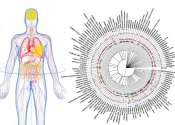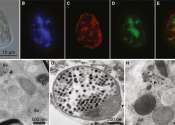Advances in omics research of Rosaceae
A research team has provided a comprehensive overview of the applications of omics technologies in Rosaceae plants. The study highlights significant advancements in genome sequencing, transcriptome, proteomics, and metabolomics, ...









